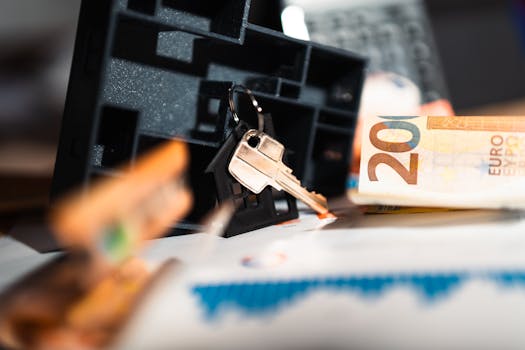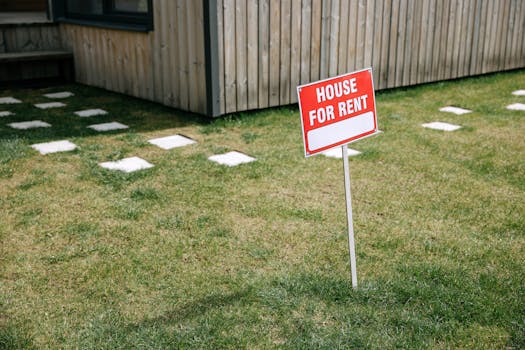How to Deal with Maintenance Issues in Reno Rentals
Dealing with maintenance issues in rental properties can be a challenging aspect of renting in Reno. Whether you're a tenant seeking urgent repairs or a landlord aiming to maintain property value, understanding the most effective approaches to maintenance is crucial. This article explores various strategies to handle maintenance issues in Reno rentals, outlines their pros and cons, and provides practical advice to ensure these problems are resolved efficiently and satisfactorily.
Understanding Maintenance Responsibilities
Before diving into solutions, it's important to clarify who is responsible for what in terms of maintenance. Generally, landlords are responsible for ensuring that the property is habitable and safe. This includes major repairs and dealing with normal wear and tear. Tenants, on the other hand, are typically responsible for keeping the property clean and reporting any issues as soon as they arise.
Proactive Maintenance
One effective approach is proactive maintenance. This involves regular inspections and servicing of the property to prevent problems before they occur. For landlords, this might mean annual checks on the heating system, plumbing, and electrical systems.
Advantages:
- Prevents larger issues and expenses down the line.
- Increases tenant satisfaction and retention.
- Requires upfront investment and planning.
- Possible inconvenience to tenants during inspections.
- Quick and efficient communication.
- Easier tracking and management of maintenance tasks.
- Requires access to and familiarity with technology from both tenants and landlords.
- Initial setup and ongoing costs.
- Ensures quality and timely repairs.
- Reduces stress in emergency situations.
- Takes time to build a reliable network.
- Potentially higher costs due to quality service demands.
- Quick resolution of simple problems.
- Empowers tenants and can improve landlord-tenant relations.
- Risk of poor quality repairs.
- Potential disputes over costs and responsibilities.
Disadvantages:
Using Technology for Maintenance Management
Technology can streamline the process of dealing with maintenance requests. Online platforms allow tenants to report issues easily, and landlords can track these requests and manage contractors efficiently.
Advantages:
Disadvantages:
Establishing a Reliable Contractor Network
Having a network of trusted professionals and contractors is invaluable. Landlords should aim to build relationships with skilled tradespeople who can respond quickly and effectively to maintenance issues.
Advantages:
Disadvantages:
Tenant Self-repairs
In some cases, allowing tenants to perform minor repairs themselves and deduct the cost from their rent can be beneficial.
Advantages:
Disadvantages:
Practical Example
Consider a scenario where a Reno rental experiences a leaking faucet. A landlord with a proactive maintenance plan might have already replaced aging fixtures, preventing the leak. If the issue still arises, technology-enabled reporting allows the tenant to quickly notify the landlord. With a reliable contractor network, the repair can be completed swiftly, ensuring minimal inconvenience.
Conclusion
Dealing with maintenance issues in Reno rentals requires a balanced approach that includes understanding responsibilities, utilizing technology, proactive maintenance, and having a reliable contractor network. By adopting these strategies, both landlords and tenants can experience fewer disruptions and maintain the rental property effectively.
For landlords seeking to enhance their rental management practices, consider consulting resources like the Reno Landlord Association website, which offers guidelines and advice on maintaining rental properties (Source: www.renolandlordassociation.org).
Ultimately, the key is to be proactive, responsive, and prepared for maintenance challenges, ensuring a satisfactory living environment for tenants and protecting the investment value for landlords.

.png)





